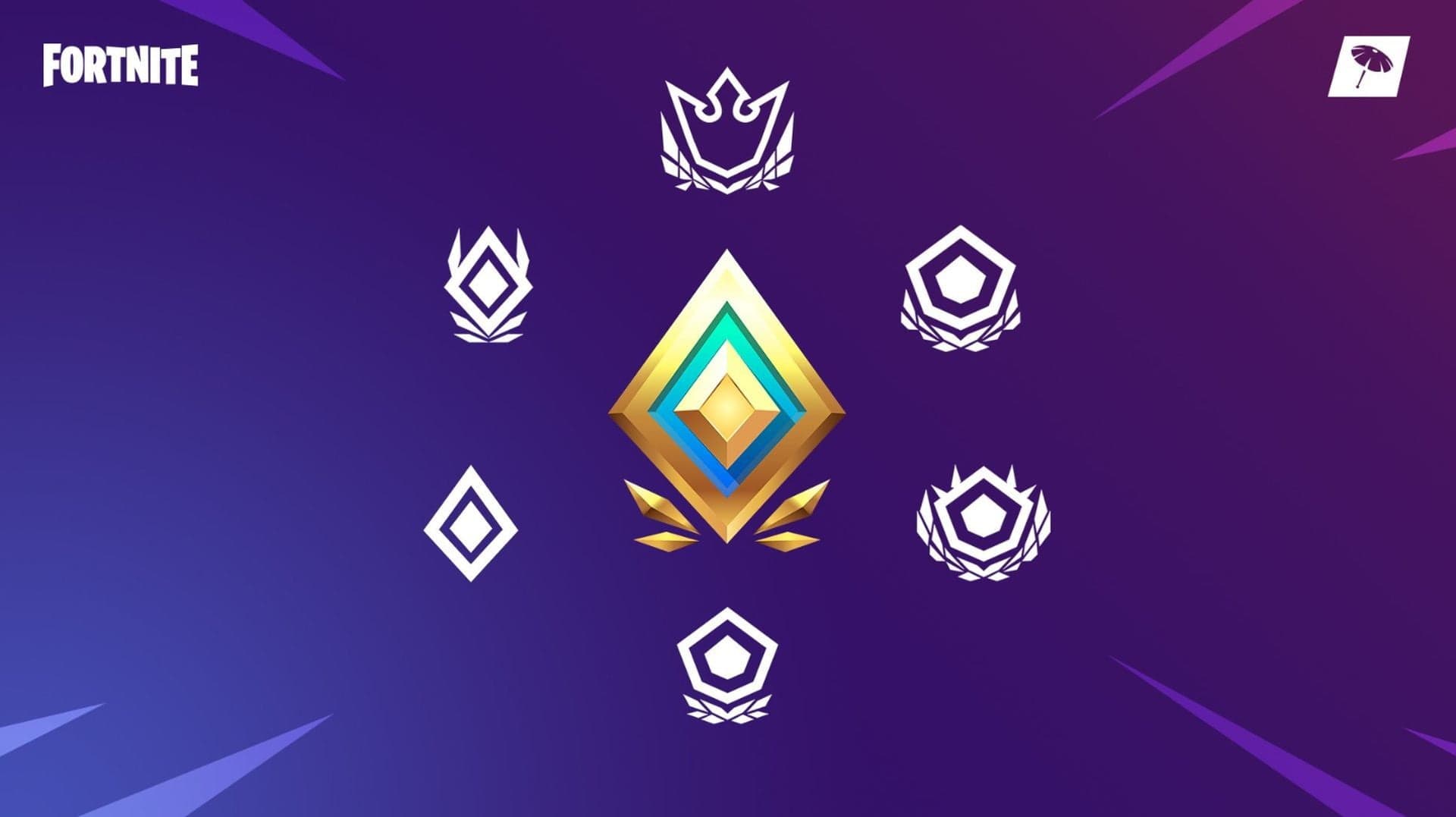
What can you boost for your Fortnite account
Unlock Elite Gaming: Transform Your Skills with Game Boosting
Level Up Faster: Unlock Gaming Success with Professional Boosting
Navigating Safe Game Boosting Services: Tips for Gamers in 2024
Unlocking Success: Ethical Game Boosting for Competitive Gamers
Game Boosting: A Lifeline for Time-Strapped Gamers
Mastering Game Boosting: Secure Strategies for Ultimate Success
Summary – 1 Minute Read.
Game boosting, where skilled players help others advance in rank for a fee, has become prevalent in competitive gaming due to the allure of rapid progression and exclusive rewards. While it provides immediate benefits to individuals, it can undermine personal skill development and disrupt competitive balance by creating artificial skill disparities. This practice raises concerns about fairness and integrity, prompting developers to enforce strict policies against it to maintain fair play standards. Ultimately, stakeholders must assess how game boosting aligns with values like fairness and sportsmanship in esports.
The competitive gaming landscape has undergone significant transformations over the years, driven by technological advancements and the increasing popularity of esports. One phenomenon that has emerged in this context is game boosting, a practice where skilled players help others advance in rank or achieve specific objectives within a game for a fee. While game boosting can be seen as an opportunity for players to enhance their skills and enjoy new aspects of their favorite games, it also raises important questions about fairness and integrity in competitive gaming.
Game boosting has roots in the natural desire for players to improve their standing within a game quickly. Many players are drawn to the allure of higher ranks and exclusive rewards that might otherwise take months or even years to achieve through regular play. This demand creates a market for professional boosters who possess exceptional talent and knowledge of the game’s mechanics. However, it’s crucial to consider how this practice impacts the overall competitive environment.
Understanding the implications of game boosting requires examining its effect on both individual players and the broader gaming ecosystem.
From an individual perspective, those who opt for boosting might find immediate satisfaction in reaching higher levels or obtaining rare items. Yet, this shortcut can undermine personal skill development and mastery of the game. Players may miss out on learning experiences that come from overcoming challenges organically, potentially leading to frustration when they cannot perform at their boosted level without assistance.
On a larger scale, game boosting can disrupt competitive balance by introducing artificial skill disparities among players. This imbalance may lead to negative experiences for non-boosted players who face opponents with inflated ranks not reflective of actual skill levels. Such scenarios can diminish enjoyment and deter genuine competition.
Furthermore, developers are increasingly concerned about maintaining fair play standards within their games. Many have implemented strict policies against boosting services as part of efforts to foster a healthy gaming community where achievements are earned rather than bought.
In conclusion, while game boosting offers certain advantages like rapid progression and access to elite content, it poses challenges that resonate across the competitive gaming sphere. Stakeholders must continuously evaluate how these practices align with values such as fairness and sportsmanship—principles that underpin any thriving competitive environment.
As we navigate these complexities, it’s essential to remember that true enjoyment often stems from authentic achievement rather than shortcuts—a sentiment echoed across various domains beyond gaming itself. Just as THCa represents one component within broader discussions around cannabis use and its effects, so too does game boosting serve as one piece of the intricate puzzle shaping modern esports today.
Question: What is game boosting in competitive gaming?
Answer: Skilled players help others advance for a fee.
Question: Why do players use game boosting services?
Answer: To quickly improve rank and access rewards.
Question: How does game boosting affect personal skill development?
Answer: It undermines skill mastery and learning experiences.
Question: What impact does boosting have on competitive balance?
Answer: It creates artificial skill disparities among players.
Question: How are developers addressing the issue of game boosting?
Answer: Implementing strict policies to ensure fair play.
Question: What are the broader implications of game boosting?
Answer: Challenges fairness and sportsmanship in esports.
Esports Earnings: This website provides comprehensive data on esports tournament results, player earnings, and insights into the competitive gaming industry.
Polygon – The Ethics of Game Boosting: Polygon offers articles and discussions on various gaming topics, including the ethical considerations surrounding game boosting in esports.
Kotaku – Game Boosting and Fair Play: Kotaku explores the impact of game boosting on fairness and integrity within competitive gaming environments.
IGN – The Rise of Esports: IGN covers trends in esports, including technological advancements that have transformed the competitive gaming landscape.
PC Gamer – Game Boosting Services: PC Gamer discusses the pros and cons of game boosting services and their effects on gameplay experience.
Reddit – r/esports: This subreddit is a community where users discuss various aspects of esports, including controversial practices like game boosting.
GameSpot – Competitive Gaming News: GameSpot provides news updates and analysis related to competitive gaming, including issues like game boosting.
Game Boosting: The practice of playing on another player’s account to increase their rank or level in a game, often raising concerns about fairness and integrity within the esports community.
Fairness: Ensuring equal conditions and opportunities for all participants in esports, preventing any form of cheating or advantage that undermines competition.
Integrity: Upholding ethical standards and honesty in esports, maintaining trust and respect among players, teams, and audiences.
5% sale with code
26NS2PW5